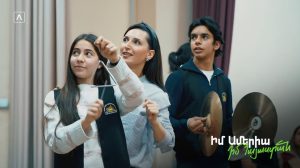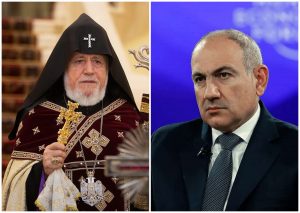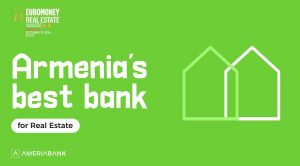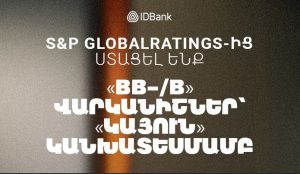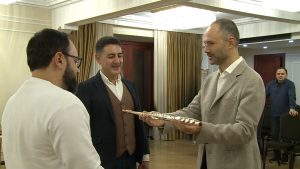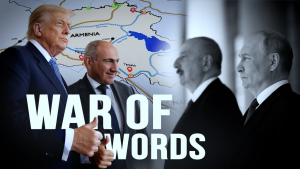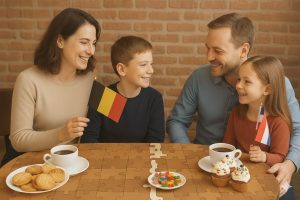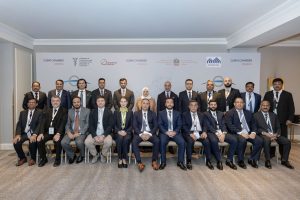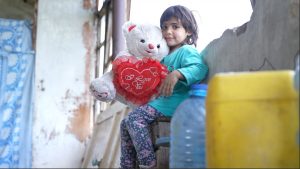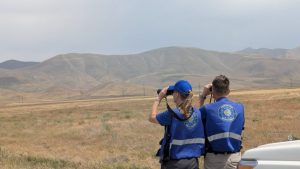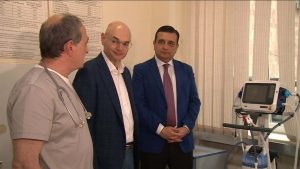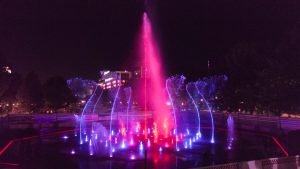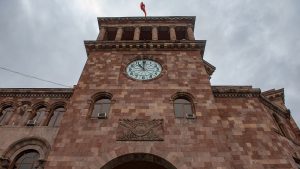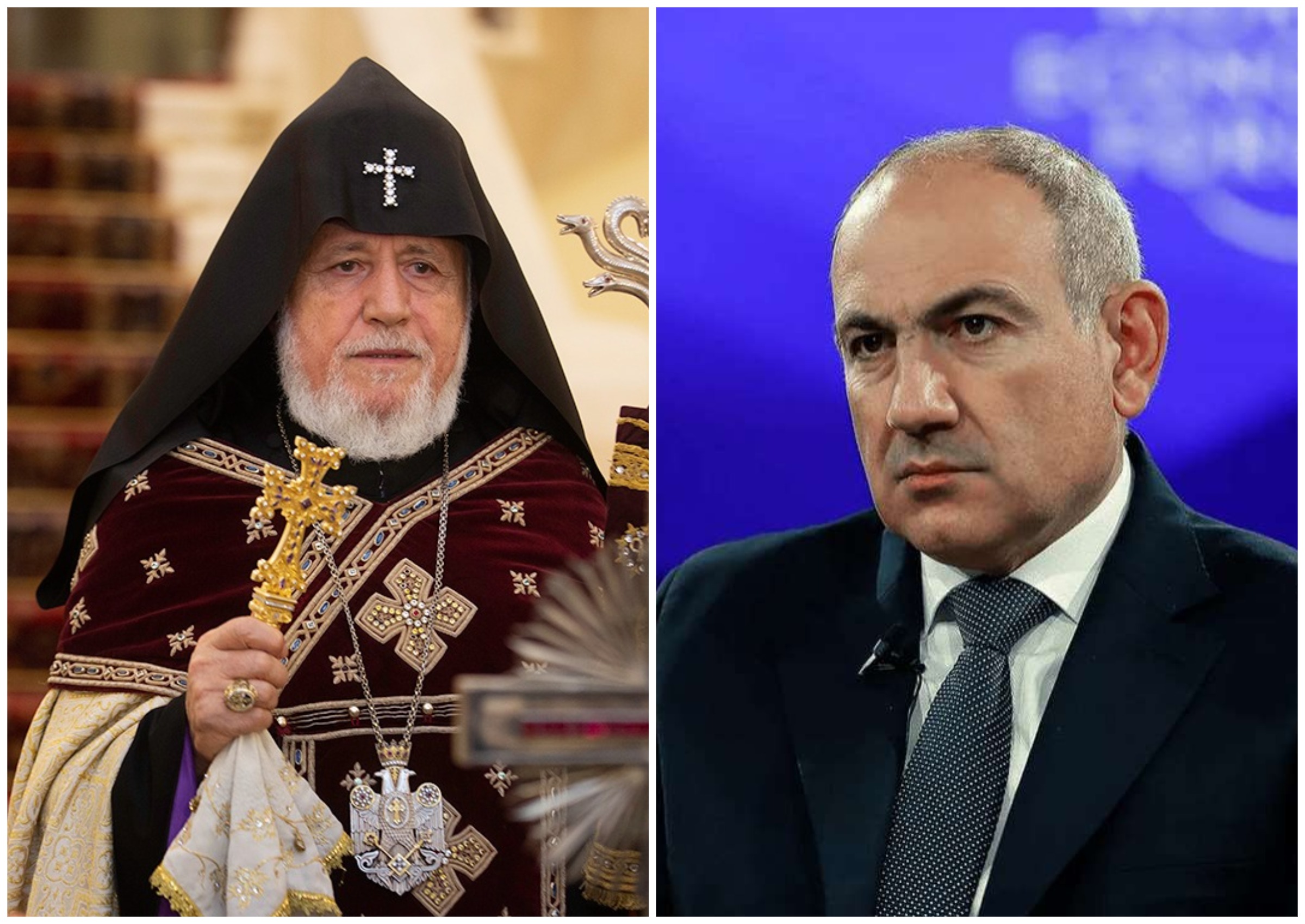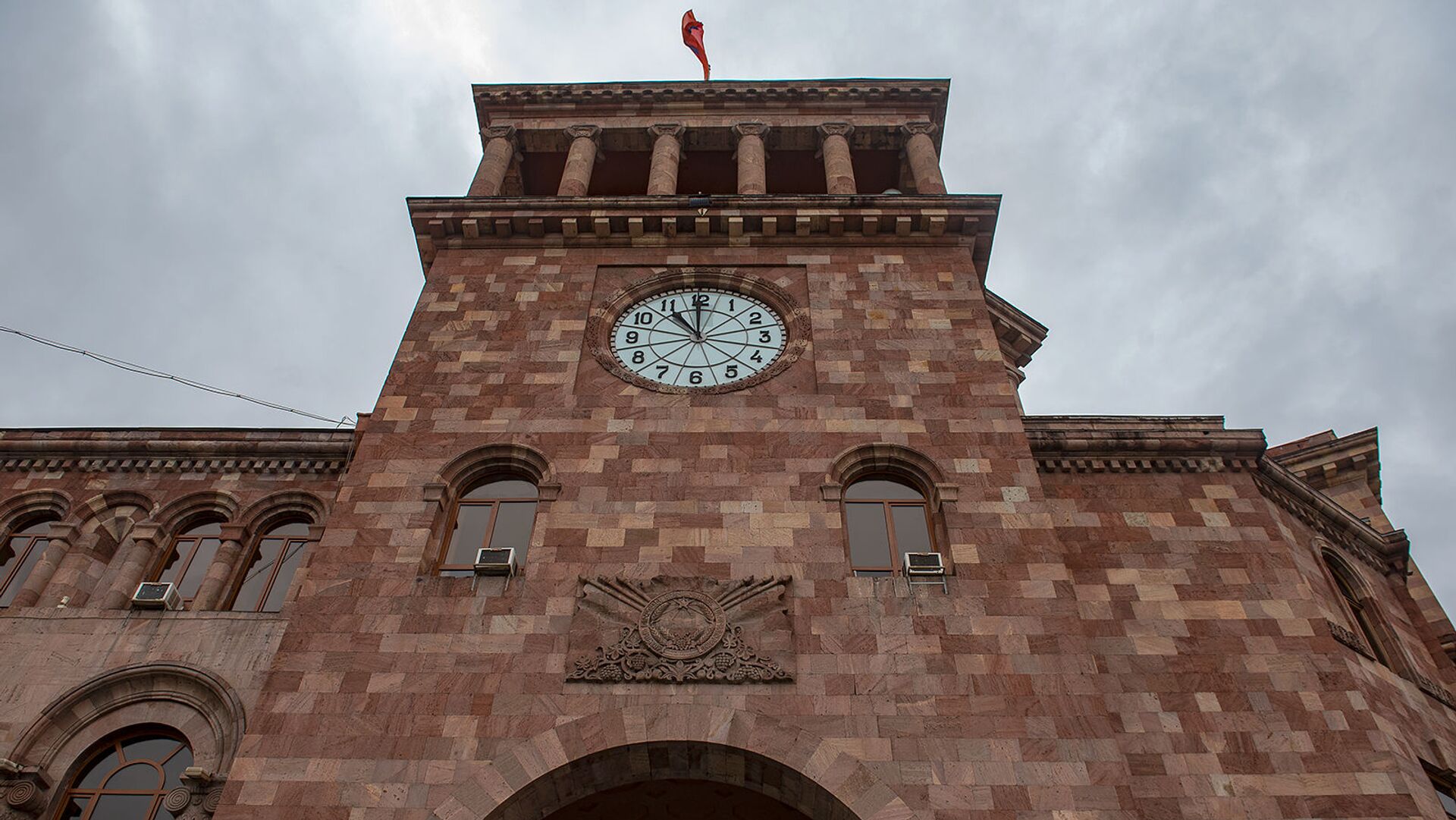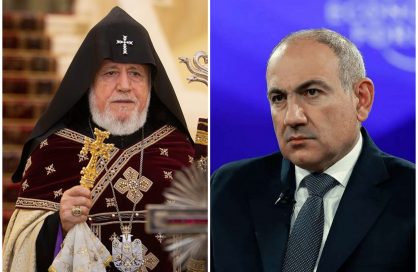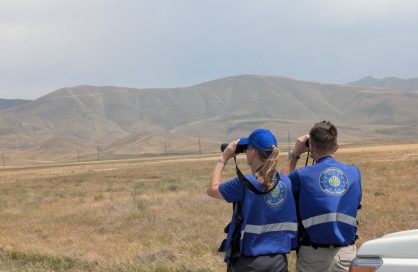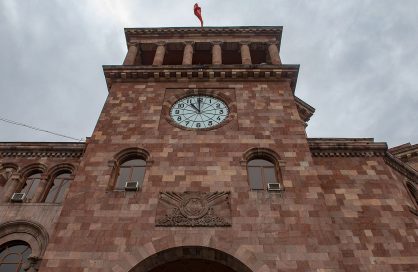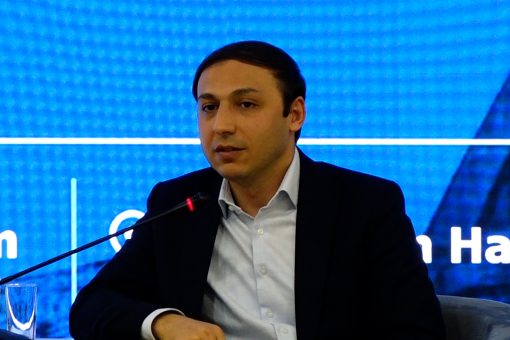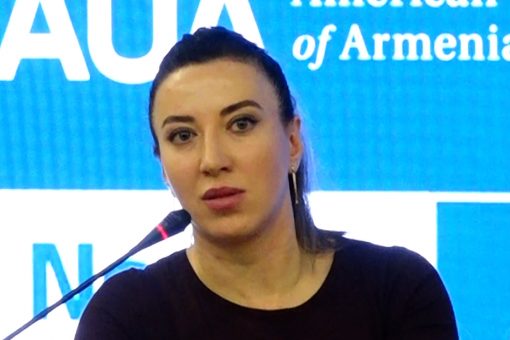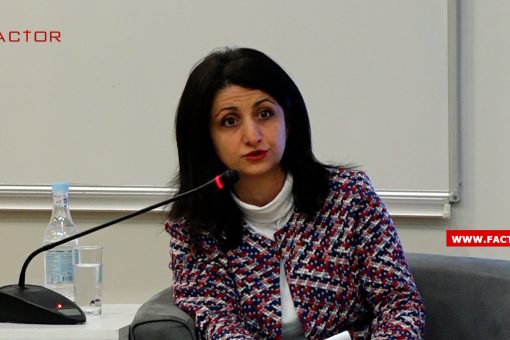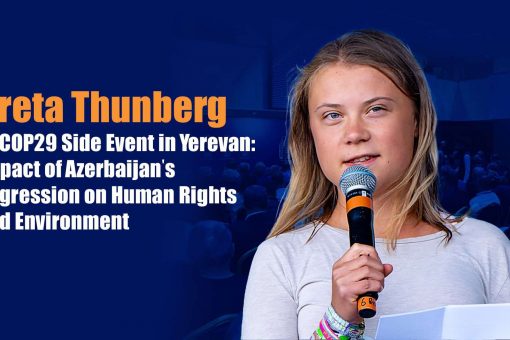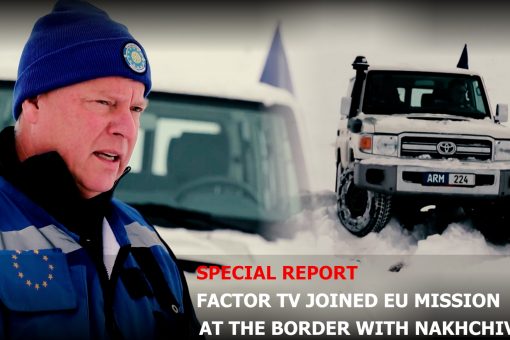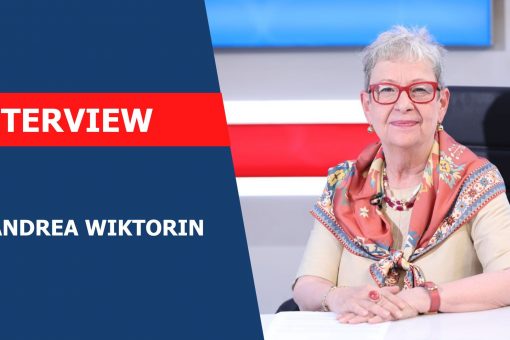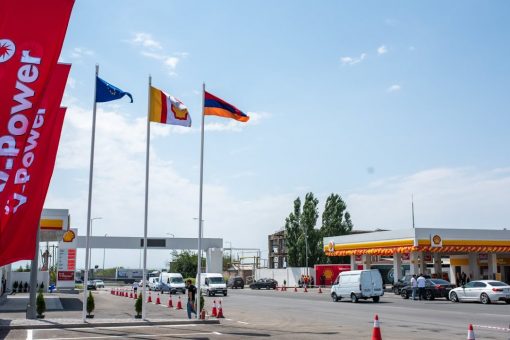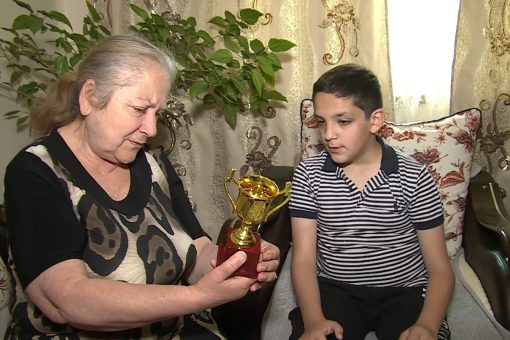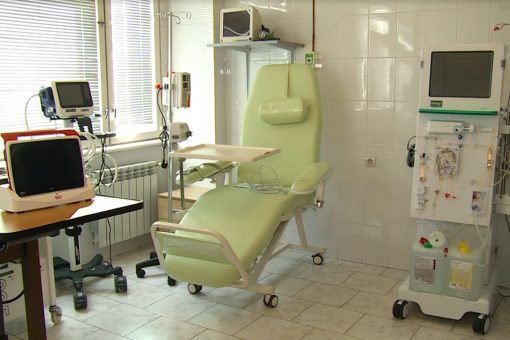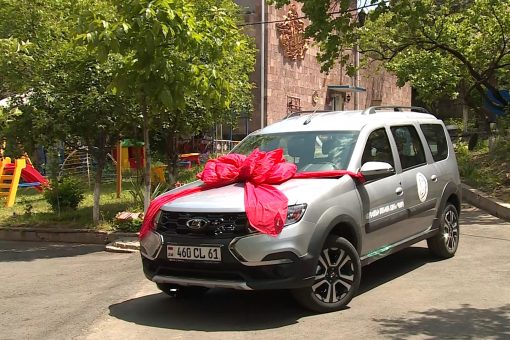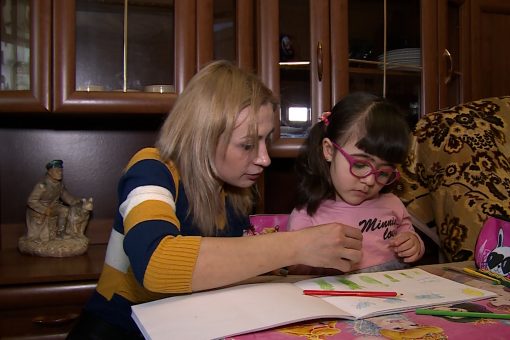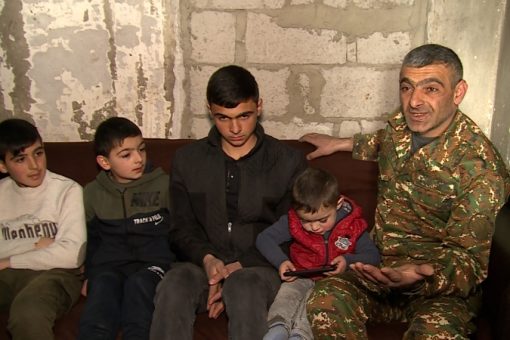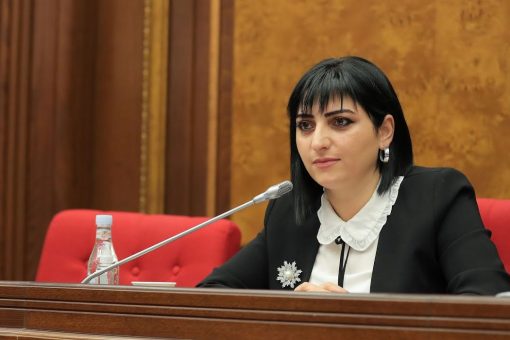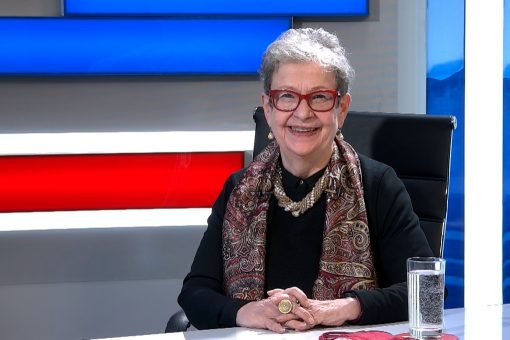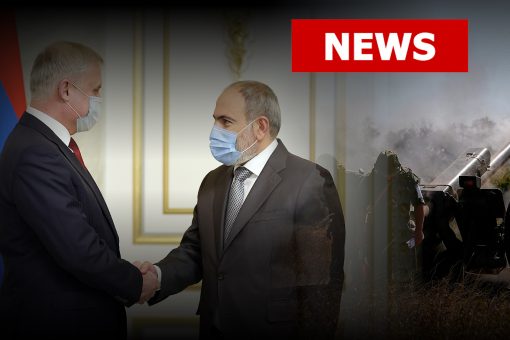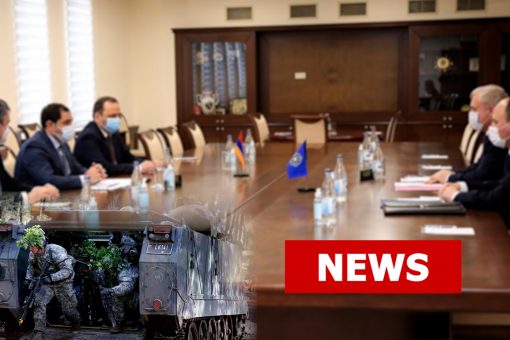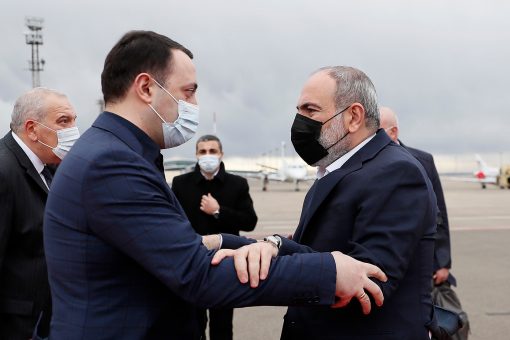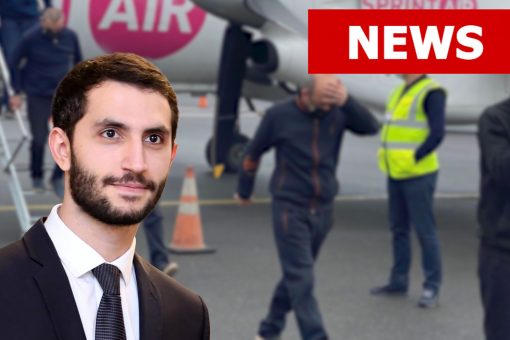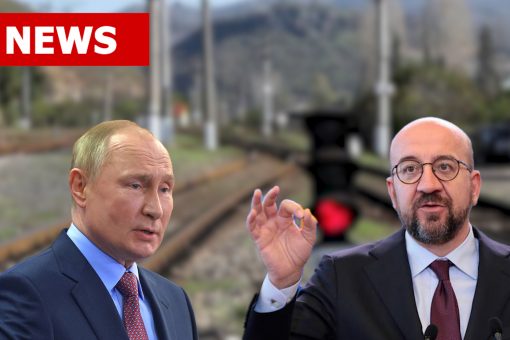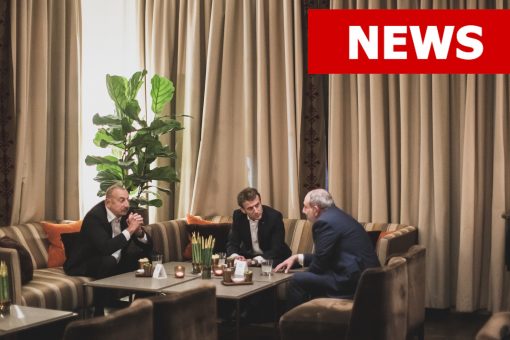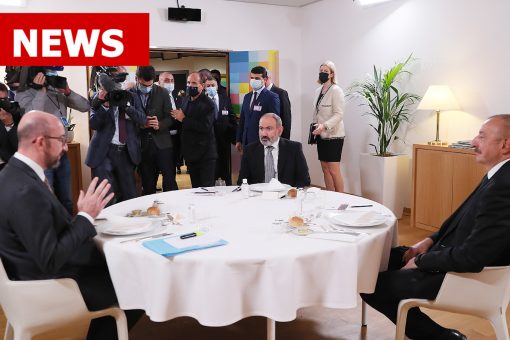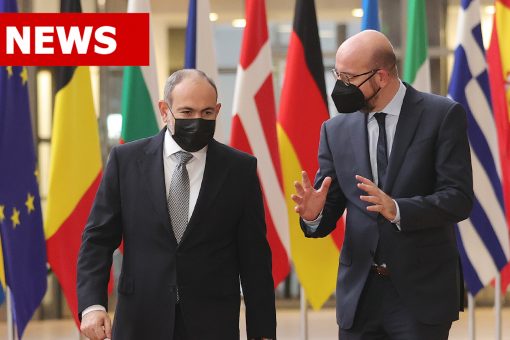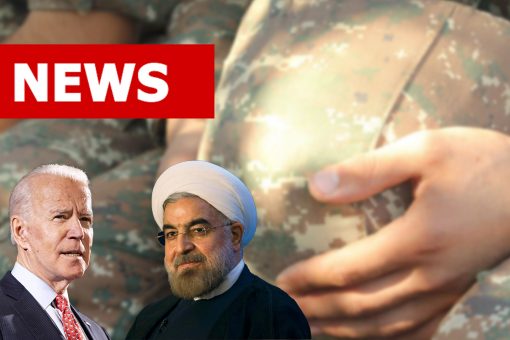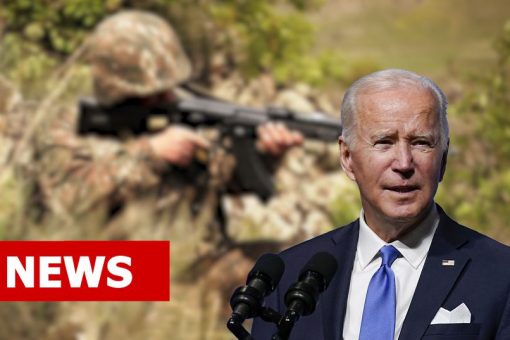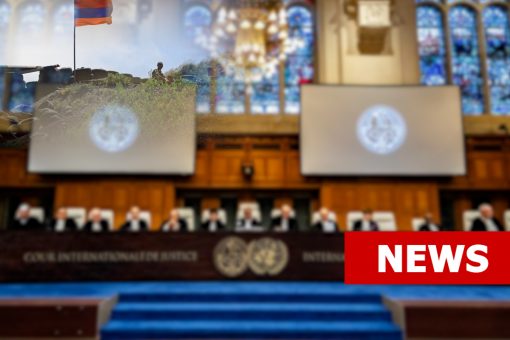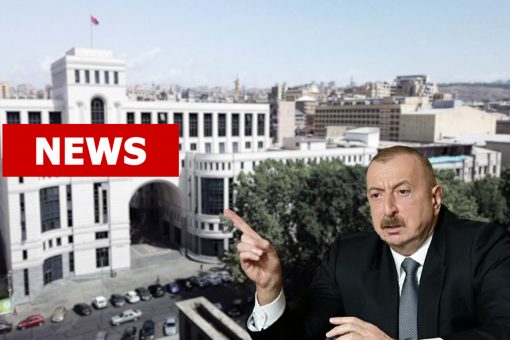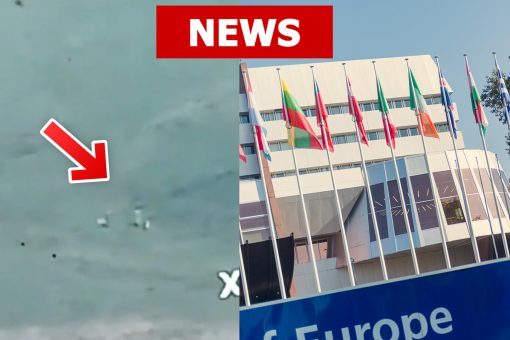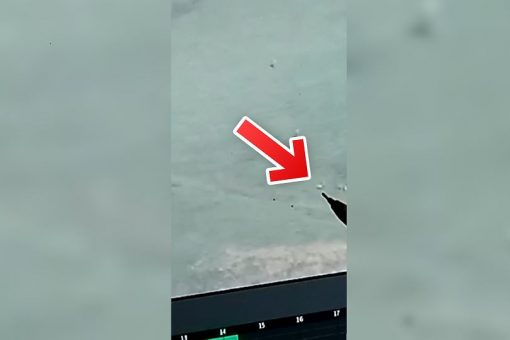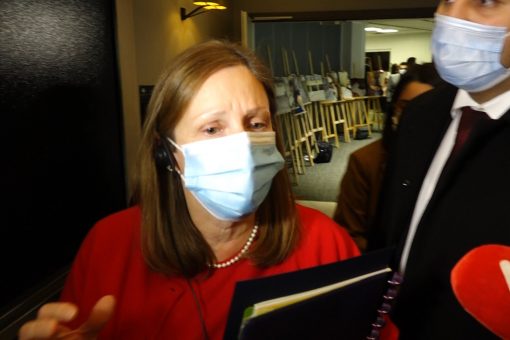“If my parents don’t come back and my grandmother dies, what will I do alone?” The children of Artsakh are in fear and uncertainty. PHOTOS
POLITICS
23.06.2023 | 18:21
37-year-old Venera, an internally displaced person (IDP) from Hadrut, a mother of 4 children, in an interview with the Human Rights Ombudsman of Artsakh said:
“The education of my children was already disrupted by the 2020 war and forced displacement from our native Hadrut, which affected greatly the mental and psychological state of my children. Now with this blockade, shortage of all vital necessities and food, absence of gas and stable electricity, suspension of school classes, our children are left in the state of a limbo. My children sometimes suffer post-traumatic stress disorder, which got deeper due to the uncertainties and fears caused by the blockade. They started often talking about the war and our forced displacement, resulting in their aggressive and depressed behavior. Azerbaijanis’ hatred towards us knows no bounds. What have these innocent children done to them even? Why did we deserve so much hatred and inhuman treatment? These are just kids, they are not responsible for anything, but they suffer the most in this situation.”
Every day, 5-year-old Kristina wakes up early in the morning, starts to dress and asks her grandmother to take her to the kindergarten, as she misses her friends and desperately wants to play with them. She was left in the care of her sole grandmother Eliza, since her parents left for Yerevan for a medical examination before the blockade and did not manage to come back ever since. Every day, little Kristina asks her grandmother when her parents will return home and when she will go to kindergarten. Kristina misses her parents a lot, so every day she asks her grandmother to call them. However, as a result of Azerbaijan’s criminal actions, the Internet is being constantly disrupted, and from time to time the service is completely unavailable in Artsakh. Coupled the electricity supply disruption and 6-hour-long scheduled outages, it is sometimes impossible for the separated family of little Kristina to talk to each other. As per the grandmother, once she got heavy sick and the little one cried and said:
“If my parents never come back home and my grandma dies, what will I do? Will I stay all alone? I am afraid.”
The main consequences of the blockade of 120,000 people, the disruption of vital infrastructure, the violation of individual rights and people’s direct sufferings are presents below. This is stated in the latest urgent report of the Human Rights Defender of Artsakh.
Multiple rights of about 30,000 children are violated due to the blockade and disruptions of vital infrastructure, given their additional vulnerability.
Children’s health problems form part of the issues mentioned in the section on the right to health, including lack of medicine and hygiene supplies, periodic visits of chronic patients to Armenia and other countries, suspension of scheduled surgeries, etc.

At different times, there was a lack or sharp shortage of infant formula in Artsakh which led to serious nutritional problems for hundreds of Later, through the ICRC and Russian peacekeepers, a limited batch of infant formula was imported, which solved the issue temporarily. Severe lack of various vitamin-rich foodstuffs endangers children’s stable physical and mental development.
Uncertainties and threats arising from the criminal activities of the Azerbaijani side greatly affect the mental health and behavior, as evidenced by the 47% increase in visits to child neurologists and psychologists, as well as complaints from parents and teachers about children’s behavioral problems.
Around 550 children have been deprived of the opportunity to return to their families and homes as a result of the blockade, 60 of them have been left without parental care, while the rest – with one of the parents. Only on the 39th day of the blockade, with the support of the ICRC and Russian peacekeepers, it was possible to return children that were left without parental care to their families, as well as a group of children together with their parents. Many children are still left stranded away from home, hoping to return back together with their parents or with one of them.

More than 1,200 children are unable to see one (in few cases both) of their parents because the latter is on the other side of the blockade. As a result of the family reunification efforts, a part of parents and children have returned home, but the majority of families still remain separated, which results in a continuous mental and psychological suffering, especially for children.
Due to the blockade, lack of food, disruption of vital infrastructure, uncertainties and psychological terror, children’s education is also greatly affected by the cancellation of classes and the conduct of classes in inappropriate conditions, which leads to the decrease in the general level of children’s․
Since December 12, 2022, at around 10:30 am (GMT+4), a group of Azerbaijanis in civilian clothes, presenting themselves as alleged “environmental activists” blocked the only road, Goris – Stepanakert Highway, which passes through the Lachin (Berdzor) corridor connecting Artsakh (Nagorno-Karabakh) with Armenia and the outside world. The so-called “eco-protest” with the documented participation of the Azerbaijani state-sponsored special services agents has proved to be fully orchestrated by the Azerbaijani government.
Moreover, in the period after the Trilateral Statement on Ceasefire, signed by the leaders of Armenia, Azerbaijan, and the Russian Federation on November 9, 2020, the Azerbaijani side has repeatedly grossly violated the provisions of the Statement, resorting to military escalation, disrupting the normal life and activity of the civilian population of Artsakh, initiating physical and psychological attacks and violence against the population.




